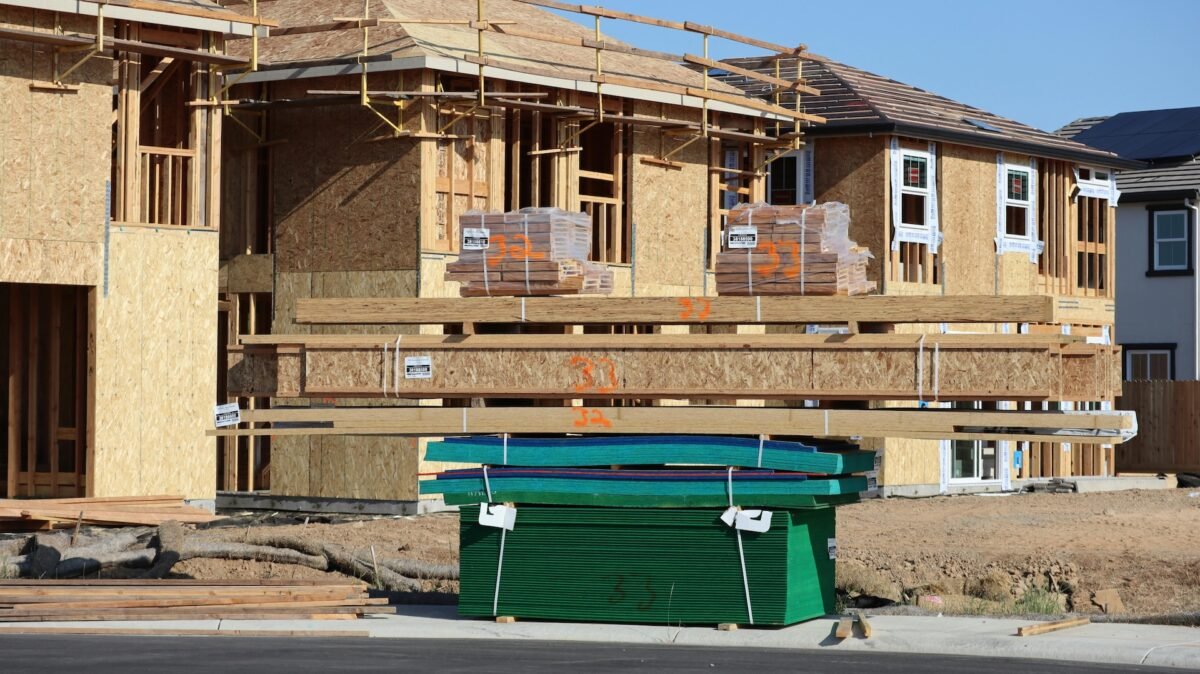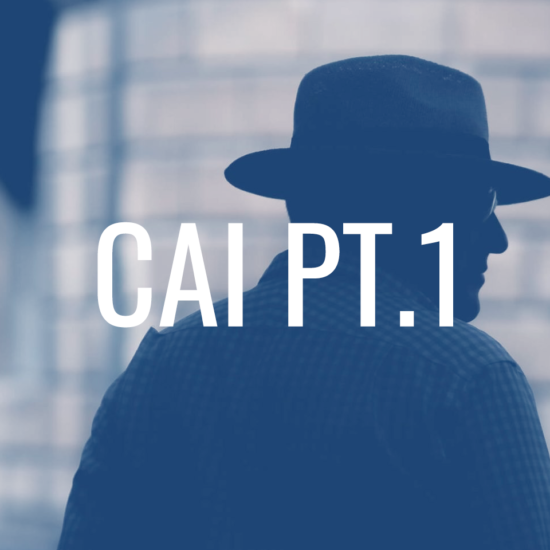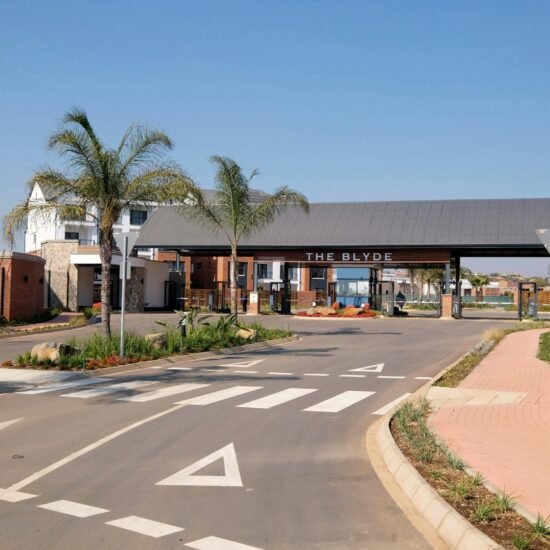
HOA Detective™ | September 30, 2025: In October, the Detective will be leading a discussion among a group of Realtors® about HOA due diligence: what it is, why it matters, and the importance for both buyers and real estate professionals. After receiving the invitation earlier in the year, it dawned on the Detective that perhaps it is time to revisit the topic of HOA due diligence for the benefit of the followers of the HOA Detective™ blog.
Setting the Statistical Stage: To bring things into focus, we will use the most recent data from the Foundation for Community Association Research (CAI / FCAR) 2024 Statistical Review to make the case that HOA due diligence is the most important issue confronting most buyers, especially when it comes to “older” HOAs.
Data Snapshot – U.S. Community Associations: Facts from the 2024 CAI / FCAR Statistical Review are as follows:
- Total number of U.S. community associations (HOAs / condos/co-ops) by the end of 2023: ≈ 365,000.
- Estimated by the end of 2024: ≈ 369,000.
- Number of housing units in HOAs (2021‑2023): ~28 million units (≈ 75 million residents).
- Growth over time: CAI estimates thousands of new community associations added each year.
Key data points from the 2024 review reveal the magnitude of the situation:
- The number of HOAs in the U.S. as of 2000 was 222,500;
- The number of HOAs in the U.S. as of 2006 was 286,000;
- At the end of 2024, the number had grown to 369,000;
- That means by the end of 2024, approximately 78% of all U.S. HOAs will be 20 years old or older, while 60% will be at least 25 years old;
Meanwhile, according to NAHB, as of the end of 2022, the median age of the U.S. housing inventory was 40 years.
Bottom Line: Much of the work of Realtors® – whether listing or selling homes, or buyer counseling – involves homes located in HOAs that are aging, and some of these homes are very old. In the very old HOA, the infrastructure, common area improvements, AND governance practices can be decades-old artifacts designed to meet standards from a bygone era. Buyer expectations 25 years ago were much different from what they are in the third decade of the 21st Century. When the common elements within the HOA are 25 years old or older, the importance of adequate reserves is MUCH more important. Modern governance practices are equally important.
Due Diligence Is More Critical Than Ever: “Old” in HOA Years is 25 years or older, as The Detective explored in this recent essay:
Beyond the 25-year mark, the game changes, compounding the financial risks for buyers. By logical extension, RE agents who work primarily or exclusively with buyers are exposed to some of this risk. Mortgage lenders are right behind the buyer in terms of exposure to the financial downside when the subject property serving as collateral on a mortgage is located in a tired, underfunded HOA.
Let’s face it, no RE professional wants to steer their client into a condo building that is a maintenance nightmare, or a planned community with an irresponsible level of reserves. Or one on the verge of borrowing millions of dollars to offset the lack of reserves. When approaching any deal involving an older HOA, buyers should consider the following:
- Borrowing by the HOA occurs more frequently when reserve funds are underfunded.
- Deferred maintenance has a compounding effect as buildings/components age.
- Unplanned repairs are more likely to occur in older buildings.
- The combination of these factors often triggers special assessments or borrowing by the HOA.
Outstanding Loans / Debt: Some Associations carry debt on their balance sheets. When the uninformed buyer purchases a home in an HOA with a significant debt on the balance sheet, that buyer becomes a co-guarantor on the loan and a source of funds to pay back the loan. Ipso facto, no doubt about it, whether you like it or NOT!
Weak HOA Leadership: Weak governance often leads to underfunded reserves, which in turn can result in borrowing by the HOA. The direct connection between underfunded reserves > deferred maintenance > Association borrowing, and special assessments is a prima facie case for HOA due diligence. Much more than just a checkbox on the disclosure form. Real estate agents and buyers need to be proactive, knowing which documents to request, what questions to ask, what red flags to watch for, and what financial and legal exposures might exist.
Conclusion: Caveat Emptor is more important than ever, and should be the guiding philosophy of all RE professionals. For buyers, it should be THE primary concern. Beware of all deals, especially those involving aging HOAs. Question why a seller is selling.
Let your senses be your guide. If the pavement is battle-worn, or the clubhouse smells like mildew and looks like the last paint job was completed during the Mike Douglas/Merv Griffin TV Show era, it is a safe bet that the reserves are underfunded.
Under such circumstances, the default assumption should be: this HOA likely has age-related issues, including deferred obligations, inadequate reserves, and possibly financial liabilities not visible without diligent investigation.
It is an unfortunate 21st-century reality that HOAs with no outstanding loans, adequately funded reserves, decisive governance, and minimal deferred maintenance are becoming the exception, not the rule. For buyers and agents alike, understanding this reality means that conducting HOA due diligence is no longer optional; it is essential to the success of every transaction involving an HOA more than 20 years of age.
Because You’re Buying More Than a Home! has been the CIDAnalytics marketing tagline for almost 15 years, and is even more true today than it was 15 years ago when we introduced the concept of HOA due diligence to an unsuspecting public.
BECAUSE YOU’RE BUYING MORE THAN A HOME!™
Sources
https://foundation.caionline.org/research/industry-data/







